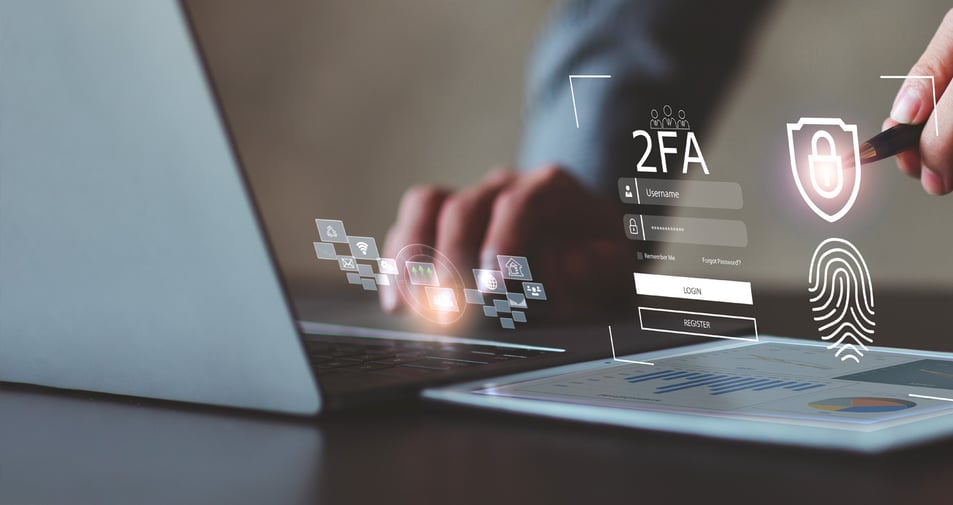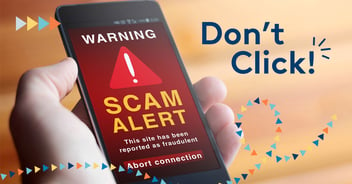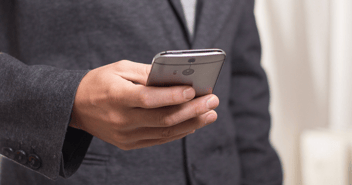
Protecting Your Account: Essential Security Tips
Learn how to safeguard your bank account with these crucial security measures.
The Importance of Bank Account Security
Ensuring the security of your account is crucial to keeping your hard-earned money safe in today's digital world. With the rise of online banking and transactions, cybercriminals are always looking for ways to find weaknesses and access your financial information. It's important to take proactive steps to protect your money and maintain peace of mind.
Common Threats to Bank Accounts
Before we dive into the essential security tips, it's important to be aware of the common threats that can target your bank account. Cybercriminals use a variety of tactics to gain unauthorized access, such as phishing attacks, malware infections, and social engineering scams.
Phishing attacks involve fooling you into sharing sensitive information like login info and personal details. These attacks often come in the form of fake emails or websites that look like real financial institutions. On the other hand, malware infections occur when bad software is installed on your device, giving cybercriminals the ability to capture keystrokes or control your computer remotely. Social engineering scams coerce you into giving up private information or taking actions that jeopardize the security of your accounts.
Essential Security Tips for Protecting Your Account
1. Create a Strong and Unique Password: Create a strong password using a combination of uppercase and lowercase letters, numbers, and special characters. Avoid using easily guessable passwords, such as your name or birthdate. Additionally, ensure that you have a unique password for your account and avoid reusing passwords across multiple platforms.
2. Enable Two-Factor Authentication (2FA): Enabling two-factor authentication adds an extra layer of security to your account. With 2FA, you will need to provide a second form of verification, such as a unique code sent to your mobile device, in addition to your password. This way, if your password gets stolen, a hacker cannot log into your account without the two-factor code that is sent to your phone. It is also important to not share this two-factor code with anyone, even if they call you asking for it. Keep in mind that Levo will never ask for your two-factor code.
3. Keep Your Devices and Software Updated: Regularly update your devices, including computers, smartphones, and tablets, as well as the software and applications you use for online banking. Updates often include security patches that address known weaknesses, reducing the risk of being vulnerable to cyber threats.
4. Be Cautious of Suspicious Emails and Websites: Exercise caution when opening emails or clicking on links, especially if they appear to be from your financial institution. Avoid providing any sensitive information through email or on unfamiliar websites. Always verify the authenticity of the source before taking any action.
5. Monitor Your Account Activity Regularly: Review your bank account statements and transaction history regularly for unauthorized activity. If you notice suspicious transactions, report them to your financial institution immediately.
ACTION TIP: Set up alerts for charges greater than your day-to-day spending. For example, if you do not regularly spend over $100 on a single transaction, set an alert for anything over that. This will help flag any expenses that may not be yours.
6. Secure Your Internet Connection: When accessing your account online, ensure that you are using a secure and encrypted internet connection. Avoid using public Wi-Fi networks, as they can be easily intercepted by hackers. Instead, use a trusted and private network.
7. Opt-in To Security Questions: You may be asked to set up security questions in order to verify your identity. Often times scammers will steal social security numbers and license numbers, so they are not always the best method of verifying a member's identity. The additional security question is used as an extra level of protection, similar to two-factor authentication.
8. Go Paperless: Opting for paperless statements not only reduces the risk of identity theft but also keeps your financial information safe from being misplaced or stolen in the mail. Additionally, it adds a layer of privacy by preventing roommates, household visitors, or family members from gaining insight into your finances.
By following these important security tips, you can greatly enhance the protection of your account and reduce the likelihood of falling victim to cyber threats.

 605-334-2471
605-334-2471


